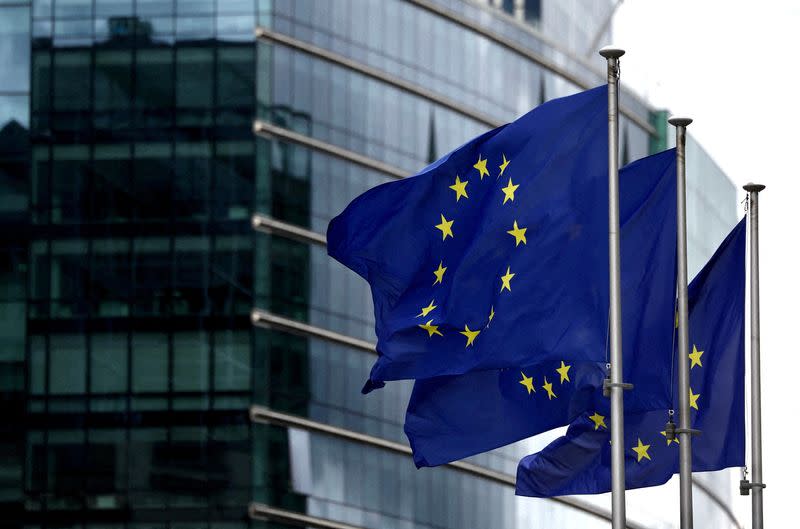EU lawmakers back draft rules on patents for connected cars, telecom equipment

By Foo Yun Chee
BRUSSELS (Reuters) -EU lawmakers on Wednesday approved draft rules governing patents key to technologies for telecom equipment and connected cars in the face of criticism from Nokia, Ericsson and other patent holders.
The draft rules proposed by the European Commission in April last year seek to end costly and lengthy litigation over patents used in technologies for telecom equipment, mobile phones, computers, connected cars and smart devices.
The European Parliament will now have to thrash out the details of the proposed rules with EU countries before it can become law.
Nokia, Ericsson and Siemens, in a letter to EU lawmakers in January, highlighted concerns from the European Patent Office, standard-setting body ETSI and other bodies on the draft rules.
Lobbying group IP Europe, which counts Nokia, Ericsson and Qualcomm as its members, reiterated its opposition to the draft rules.
"The beneficiaries would not be SMEs as claimed but big tech," IP Europe's managing director Patrick McCutcheon said ahead of the lawmakers' vote.
"It would moreover reduce incentives to contribute to open standards, lead to re-emergence of closed standards, slow down innovation, reduce EU competitiveness, technology leadership and strategic autonomy," he said.
The Fair Standards Alliance, whose members include BMW, Volkswagen, Stellantis, Tesla, Toyota, Apple, Alphabet's Google and Amazon cheered the lawmakers' vote.
The vote "brings European companies one step closer to licensing standard essential technologies on fair, reasonable and non-discriminatory terms – which is unfortunately a far cry from reality today", said Evelina Kurgonaite, secretary general of the Fair Standards Alliance.
(Reporting by Foo Yun Chee;Editing by Sudip Kar-Gupta and Bernadette Baum)

 Yahoo Finance
Yahoo Finance 